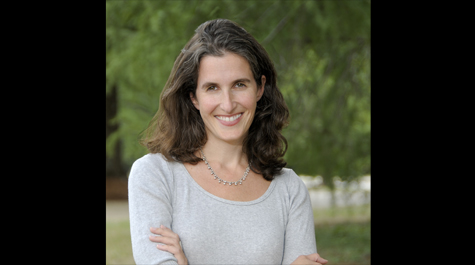 Mathilde Cohen (U Conn) and Yoriko Otomo (SOAS, University of London) have published an edited volume, Making Milk: The Past, Present and Future of Our Primary Food (Bloomsbury, 2017). Here is the publisher’s description:
Mathilde Cohen (U Conn) and Yoriko Otomo (SOAS, University of London) have published an edited volume, Making Milk: The Past, Present and Future of Our Primary Food (Bloomsbury, 2017). Here is the publisher’s description:
What is milk? Who is it for, and what work does it do? This collection of articles bring together an exciting group of the world’s leading scholars from different disciplines to provide commentaries on multiple facets of the production, consumption, understanding and impact of milk on society. The book frames the emerging global discussion around philosophical and critical theoretical engagements with milk. In so doing, various chapters bring into consideration an awareness of animals, an aspect which has not yet been incorporated in these debates within these disciplines so far.
This brand new research from scholars includes writing from an array of perspectives, including jurisprudence, food law, history, geography, art theory, and gender studies. It will be of use to professionals and researchers in such disciplines as anthropology, visual culture, cultural studies, development studies, food studies, environment studies, critical animal studies, and gender studies.
The book’s interdisciplinary contributors include a wide range of international scholars:
Part One: Drinking Milk: Histories and Representations
1. More than Food: Animals, Men, and Supernatural Lactation
in Occidental Late Middle Ages, Chloé Maillet (Musée du quai de Branly, France)
2. Feminized Protein: Meaning, Representations, and
Implications, Carol J. Adams (independent scholar, USA)
3. Growing a Nation: Milk Consumption in India since
the Raj, Andrea S. Wiley (Indiana University, USA)
Part Two: Making Milk: Technologies and Economies
4. Unreliable Matriarchs, Melanie Jackson (UCL, University of London, UK) and Esther Leslie (Birkbeck, University of London, UK)
5. The Mechanical Calf: On the Making of a Multispecies Machine, Richie Nimmo (University of Manchester, UK)
6. Milk, Adulteration, Disgust: Making Legal Meaning, Yofi Tirosh (Tel Aviv University, Israel) and Yair Eldan (Ono Academic College, Israel)
7. Markets in Mothers’ Milk: Virtue, Vice, Promise, or
Problem?Julie P. Smith (Australian National University, Australia)
Part Three: Queering Milk: Male Feeding and Plant Milk
8. The Lactating Man, Mathilde Cohen (University of Connecticut, USA)
9. “Cow’s Milk is for Calves, Breastmilk is for Babies.” Alfred
Bosworth’s Reconstituted Milk and the Women who Innovated
Infant Feeding Amid an American Health Crisis, Hannah Ryan (Cornell University, USA)
10. Plant Milk: From Obscurity to Visions of a Post-Dairy
Society, Tobias Linné (Lund University, Sweden) and Ally McCrow-Young (University of Copenhagen, Denmark)
11. Critical Ecofeminism: Milk Fauna and Flora, Greta Gaard (University of Wisconsin-River Falls, USA)
Part Four: Thinking about Plant Milk
12. Milk and Meaning: Puzzles in Posthumanist Method, Jessica Eisen (Harvard Law School, USA)
13. DIY Plant Milk: A Recipe-Manifesto and Method of
Ethical Relations, Care, and Resistance, Matilda Arvidsson (Lund University, Sweden)
I look forward to reading this!
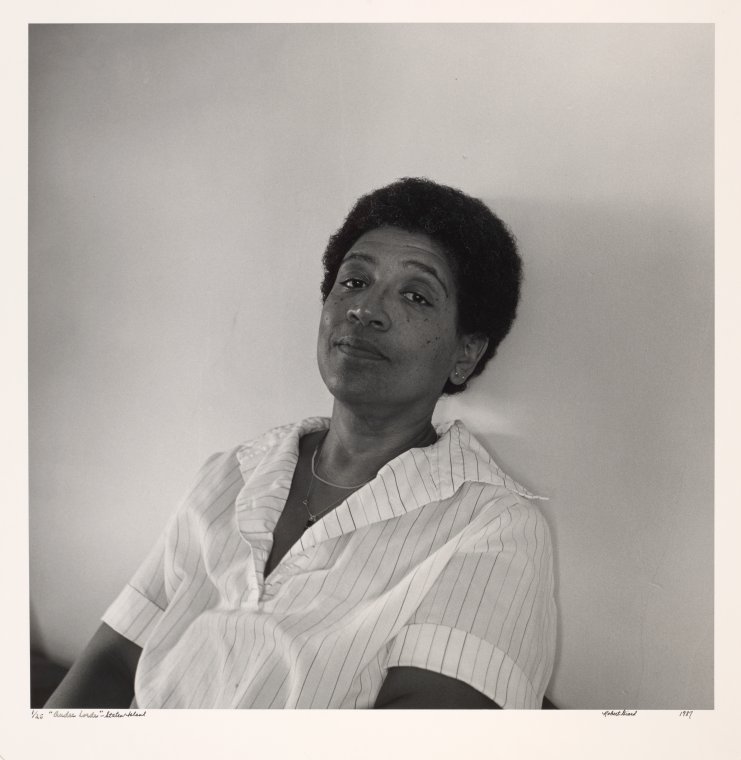




 ere
ere

 Mathilde Cohen (U Conn) and Yoriko Otomo (SOAS, University of London) have published an edited volume,
Mathilde Cohen (U Conn) and Yoriko Otomo (SOAS, University of London) have published an edited volume, 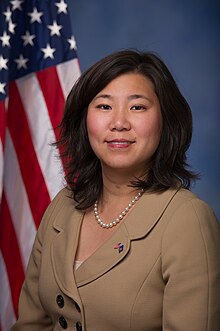
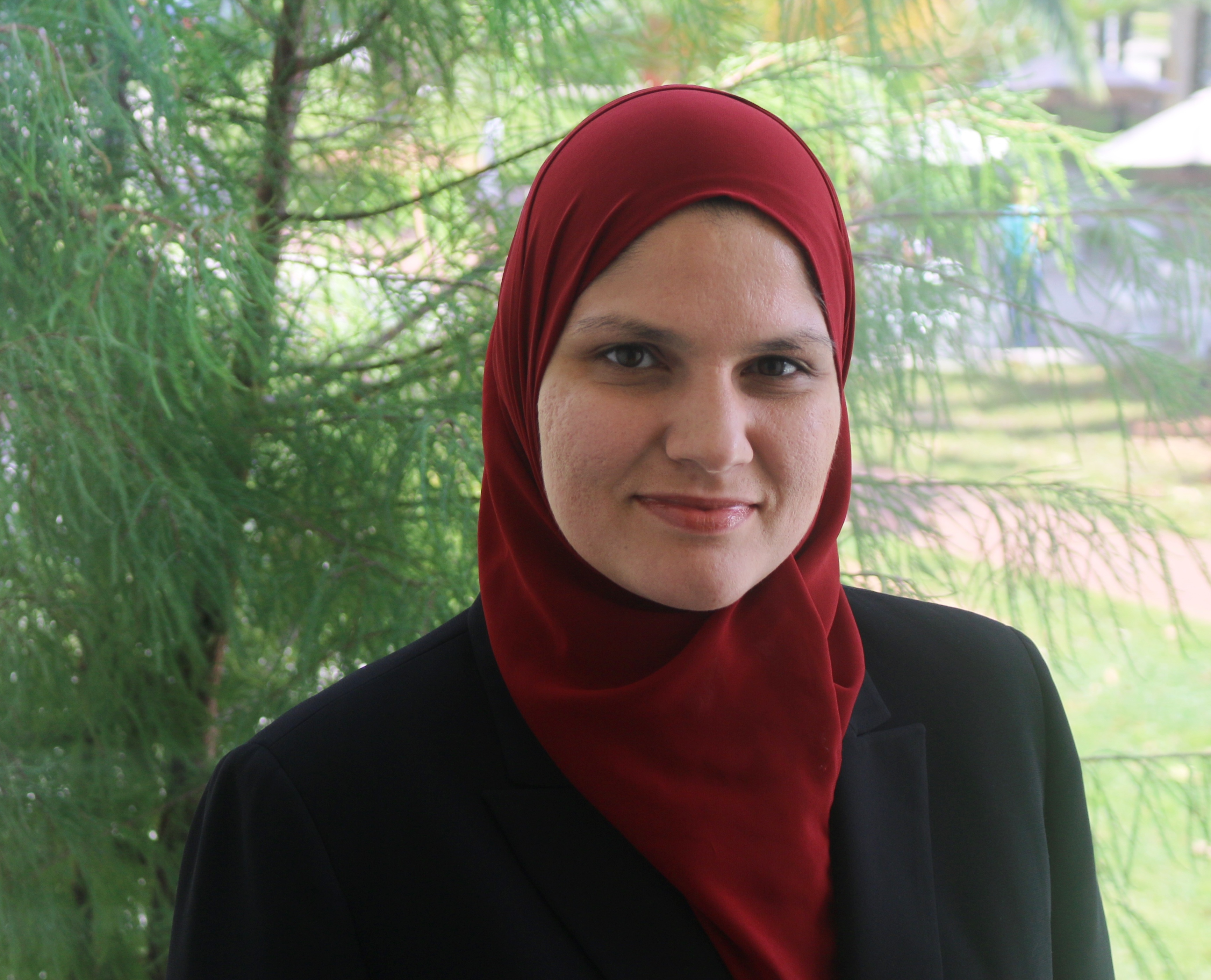

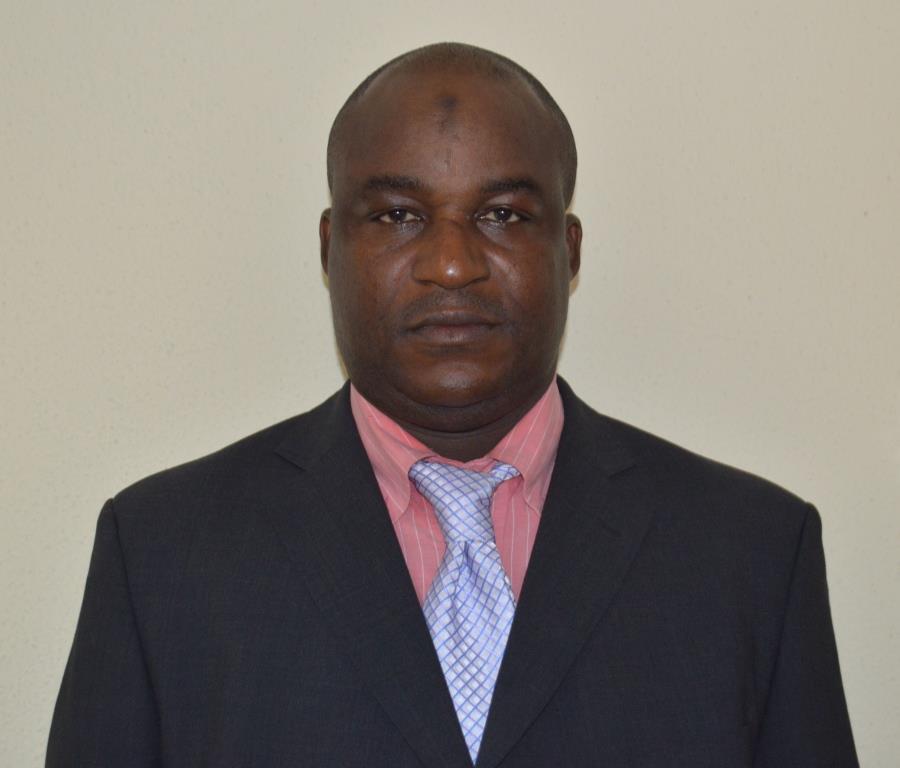
 This book seeks to interrogate the classical fiqh formulation on gender and homicide with a view to exploring further the debate on whether the so-called gender injustice in Islamic law is a human creation or attributable to the divine sources of the Qur’an and Sunnah. The study is in response to the increasing criticism of the Islamic criminal law regime and the accusation that it discriminates on the basis of gender. It argues that any attempt to critique a religious question through the lens of traditional Western human rights ideals would be resisted by the vast majority of Muslims. An examination of the question and any suggested solutions offered would be much more effective if situated within the system they identify with; that is to address the question of gender justice deficit from within the Islamic legal tradition. Focusing on Nigeria and Pakistan, the book achieves this by drawing on classical fiqh literature, contemporary literature, legislative sources and relevant case law.
This book seeks to interrogate the classical fiqh formulation on gender and homicide with a view to exploring further the debate on whether the so-called gender injustice in Islamic law is a human creation or attributable to the divine sources of the Qur’an and Sunnah. The study is in response to the increasing criticism of the Islamic criminal law regime and the accusation that it discriminates on the basis of gender. It argues that any attempt to critique a religious question through the lens of traditional Western human rights ideals would be resisted by the vast majority of Muslims. An examination of the question and any suggested solutions offered would be much more effective if situated within the system they identify with; that is to address the question of gender justice deficit from within the Islamic legal tradition. Focusing on Nigeria and Pakistan, the book achieves this by drawing on classical fiqh literature, contemporary literature, legislative sources and relevant case law.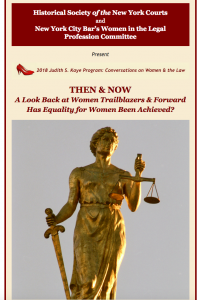
 A brief history of professional cheerleading shows how we got here. At first,
A brief history of professional cheerleading shows how we got here. At first, 
